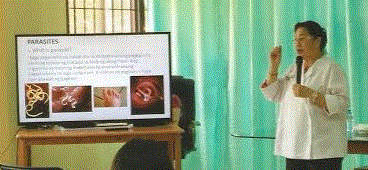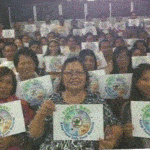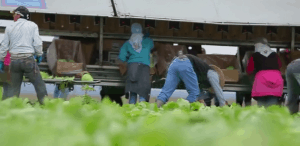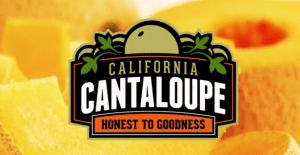BAC Fighters know that there are a wide variety of food safety education resources on FightBAC.org. The site features ready-to-go campaigns that require simply a printer for downloadable brochures and flyers, or a projector for ready-made PowerPoint presentations.
Educators may also personalize Fight BAC resources using their creativity to come up with engaging new classes for their community, like Marilen Howard did. Marilen is Director of Nutrition Education & Training at Northeast Valley Health Corporation in California. She is not only familiar with the Fight BAC resources; she knows how to use them to create specially-designed presentations to educate her WIC community.
for their community, like Marilen Howard did. Marilen is Director of Nutrition Education & Training at Northeast Valley Health Corporation in California. She is not only familiar with the Fight BAC resources; she knows how to use them to create specially-designed presentations to educate her WIC community.
Marilen’s Keep Your Food Safe WIC classes start with Core Four food safety information, using logos and graphics from the site to create an engaging PowerPoint presentation. Each slide encourages participants to learn about and then share their home food-safety strategies. Presenters evaluate understanding using the answers given during the virtual spin-the-food-safety-wheel game. For the finale, participants watch the Story of Your Dinner video.
To keep the children busy while they are waiting for their parents to finish the class, she prints and distributes Fight BAC coloring pages.
Marilen created versions of the presentations in several of the languages spoken in her community.
What were the results of all this food safety creativity? In-person classes provided at 13 WIC sites, combined with self-learning home modules, reached over 12,000 WIC participants in April and May!
Marilen says, “We thank you so much for allowing us to use your free resources. It made our WIC participants’ class experience much better.”


 a story from her research:
a story from her research: 
